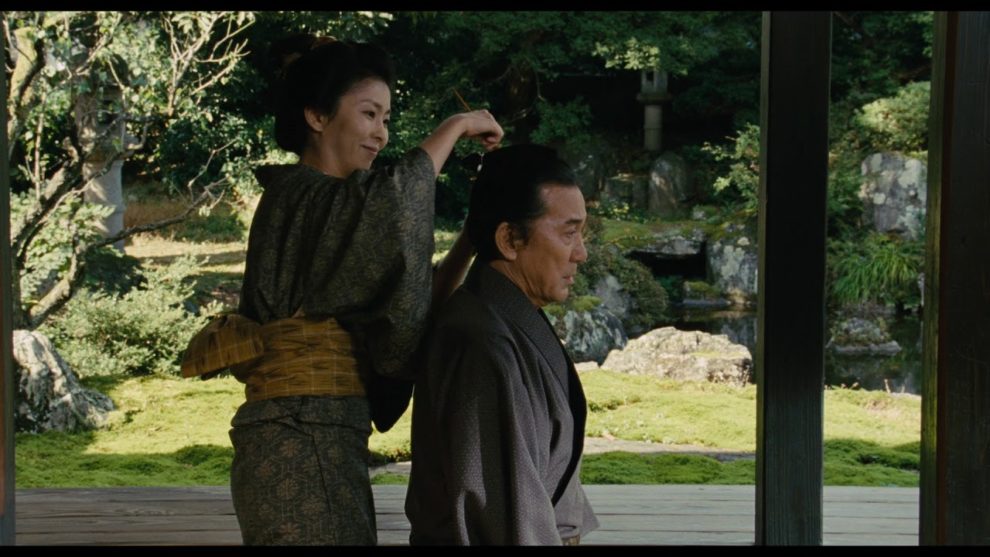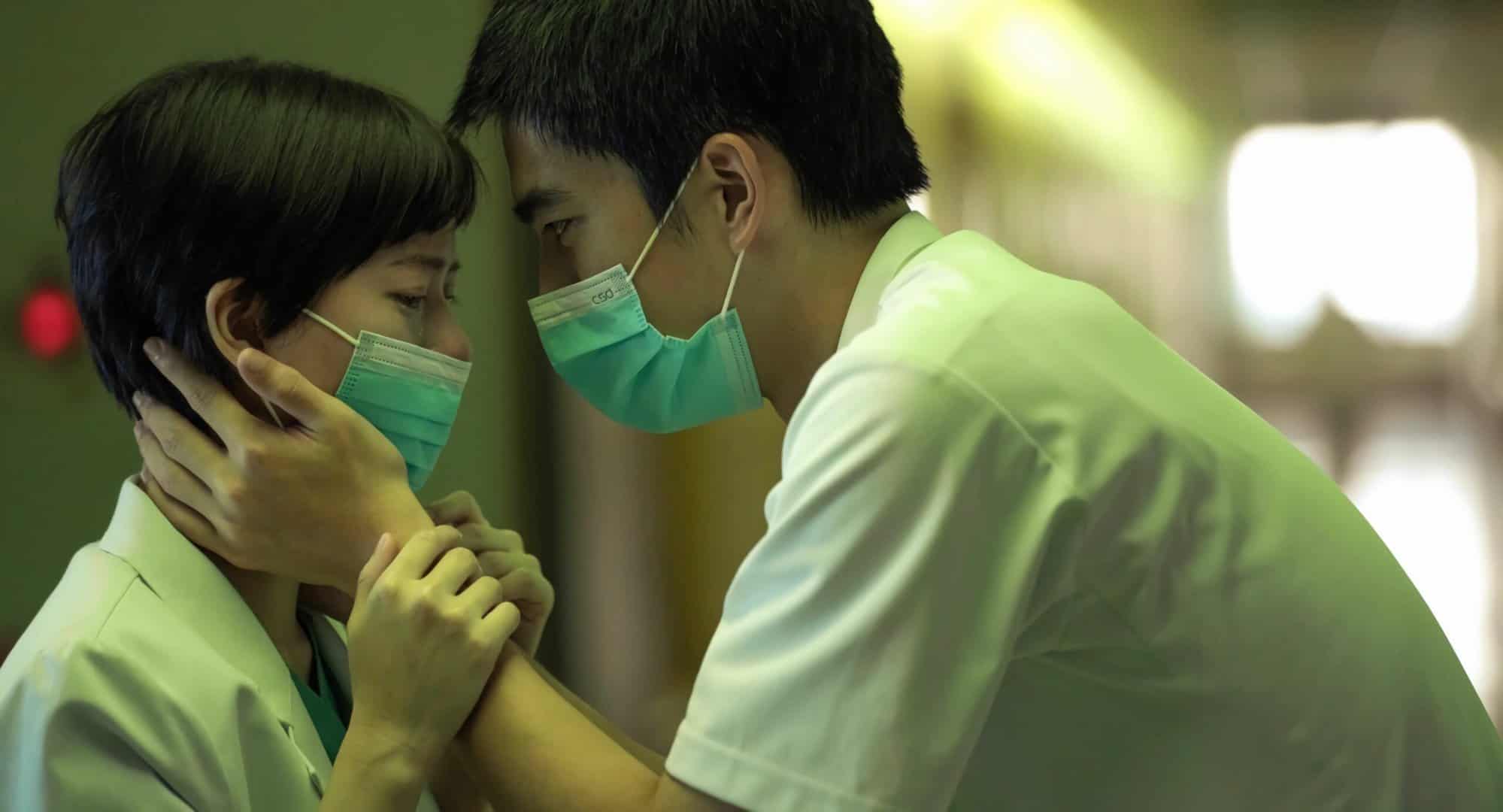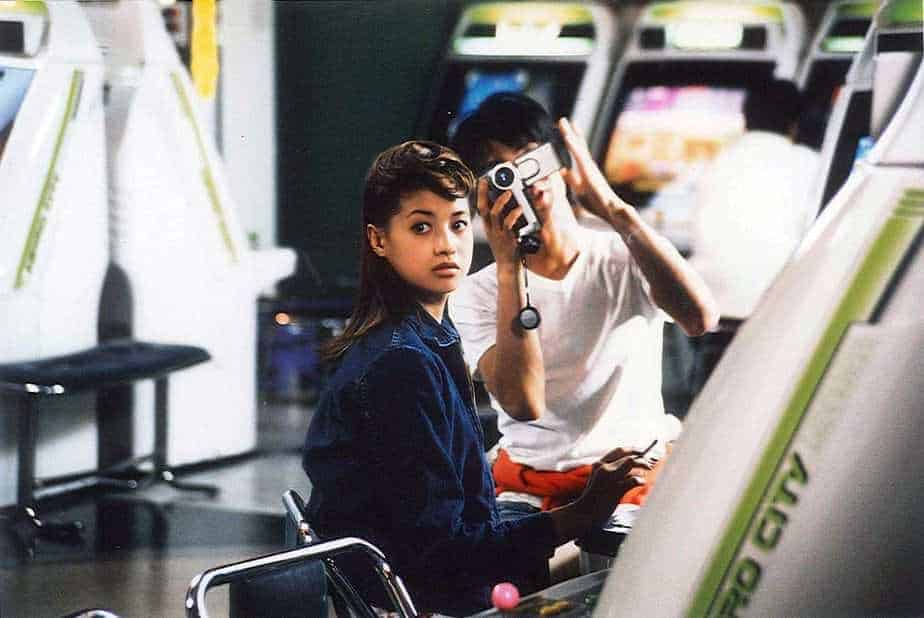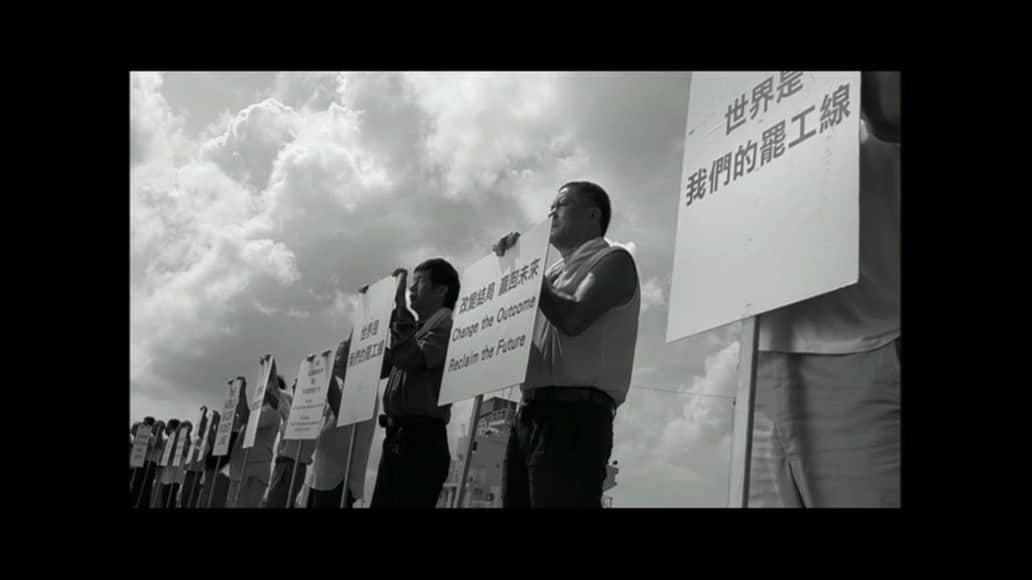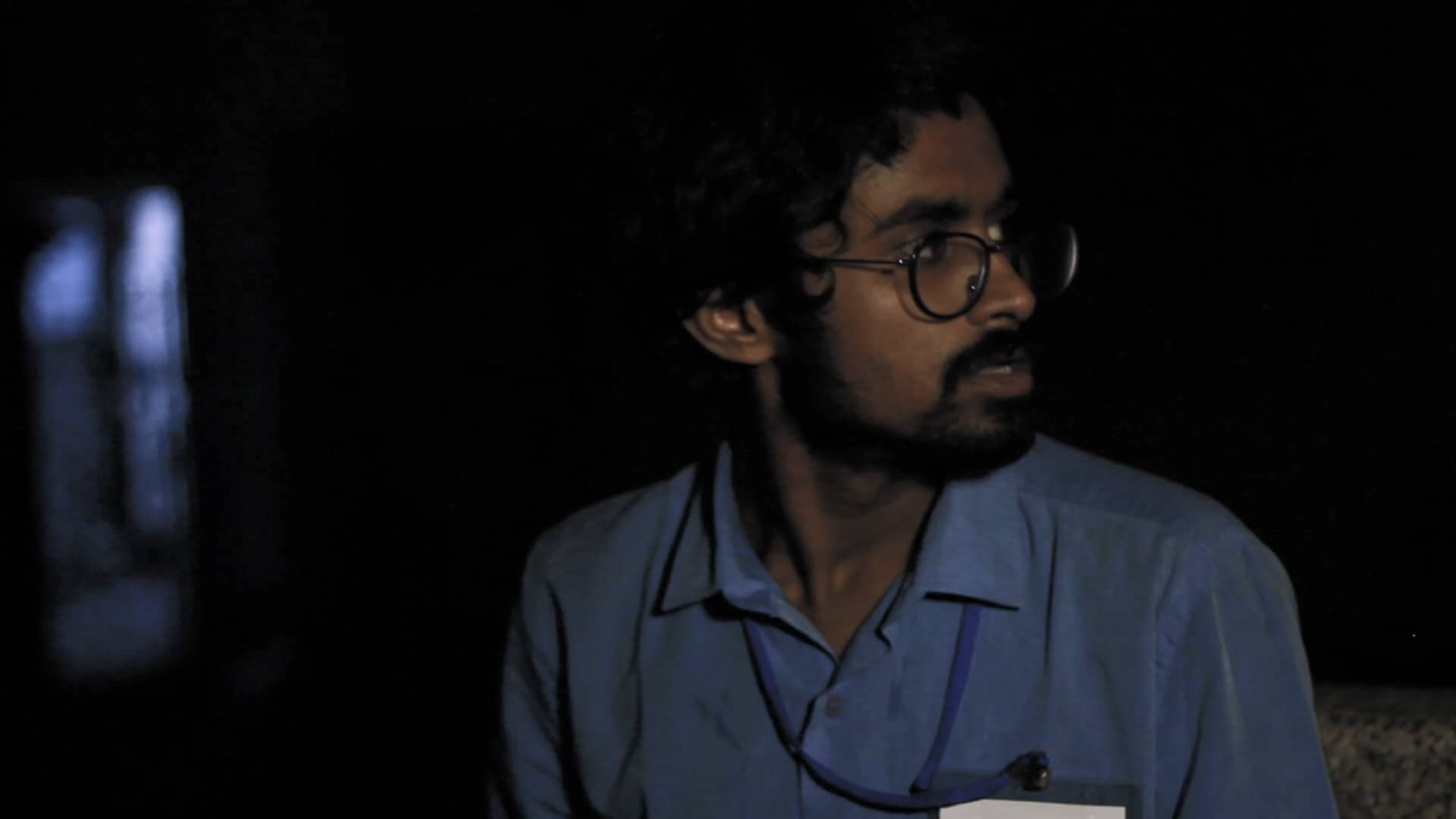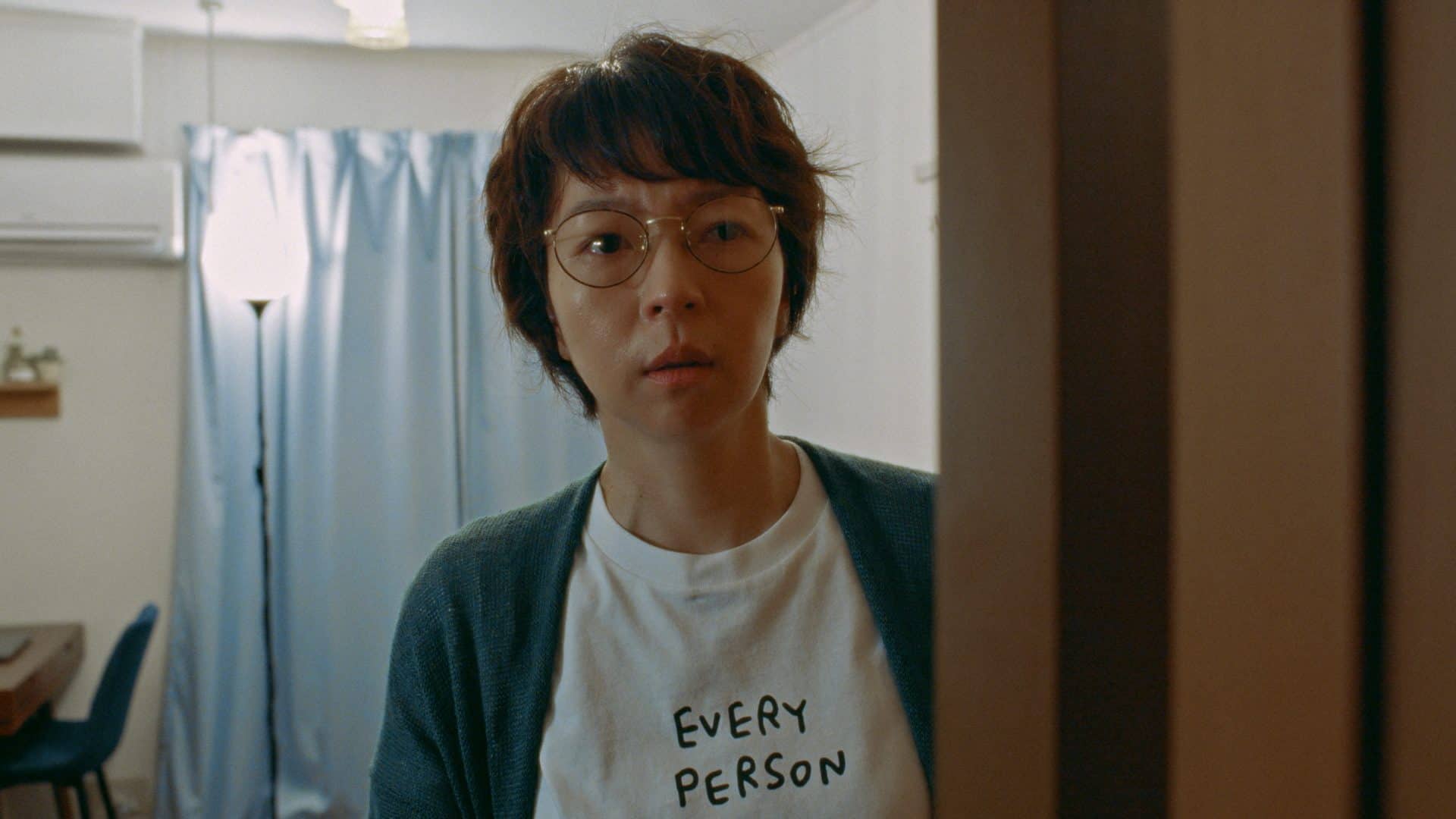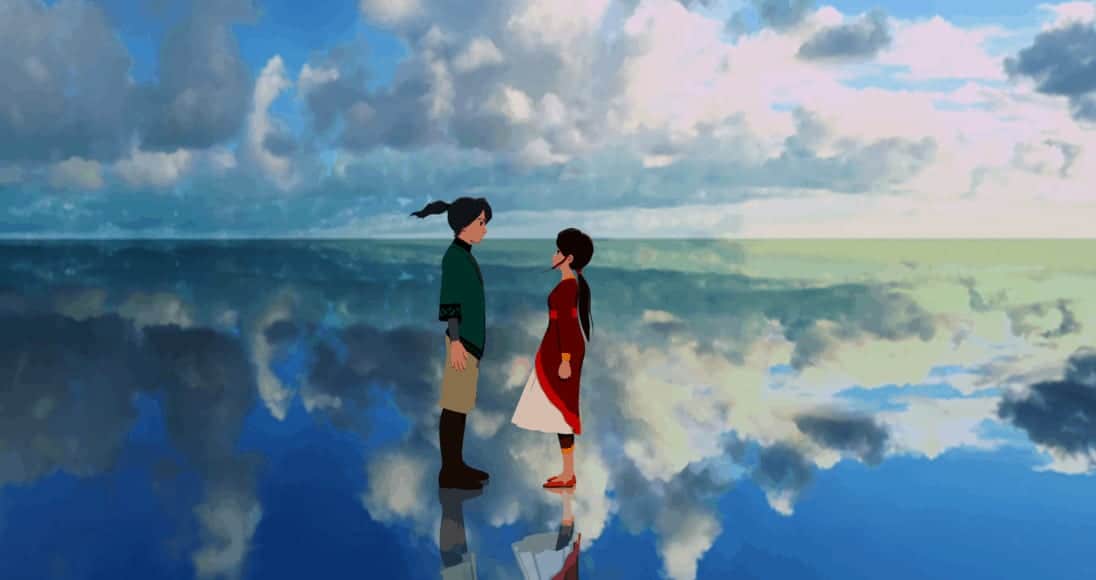As we have mentioned many times before, the end of the Edo period in 1867, which essentially signaled the end of the samurai era in Japan, is one of the most interesting in Japanese history, and probably the one that has inspired the most films. Takashi Koizumi, whose credits include one as assistant director on Akira Kurosawa's “Ran”, focuses on a series of events that took place in Nagaoka domain in Echigo, revolving around chief retainer Tsuginosuke Kawai, a senior military commander of the Nagaoka forces during the Boshin War of 1868–1869.
“The Pass: Last Days of the Samurai” is screening at Toronto Japanese Film Festival

The film begins with a rather imposing monologue by the Tokugawa shogun (presented impressively by Masahiro Higashide) and an analysis, through narration, of the situation in Japan at the time, which eventually led to the Boshin War. Literally in the midst of the military preparations of the West and East forces, lies Nagaoka, whose chief retainer, Tsuginosuke, inspired by the example of Switzerland, has decided not to belong to either army, and practice “armed neutrality”, with the help of a newly acquired toy, a gatling gun, feeling that this is the best way to protect his people. The story then focuses on his as a character, presenting a truly remarkable man, whose knowledge, intelligence, virtue and overall likeability made him a great mentor, husband to Suga, warrior and political and military leader.
His efforts to retain neutrality however, are met with extreme resistance from both sides, as a number of hotheads, each dedicated to their own values, present obstacles that, in the end, not even Tsuginosuke's pleas were able to overcome. Eventually, he decides to stick to his duties to his regional leader and get into war against the Western Army.

Takashi Koizumi directs a movie that is split into two parts, with the first focusing on Tsuginosuke as a character and his efforts to avoid war against all odds, and the second on the military operations between the two factions. Although much different in narrative approach and aesthetics, both parts are equally intriguing. The first one, which presents a truly charismatic individual, in an approach that is essentially an eulogy, benefits the most by Koji Yakusho's acting, who gives another great and rather measured performance that highlights both his experience and his charisma. Particularly the scene where he is dancing will definitely stay on the mind of the viewer. In general, the acting and the casting are on a very high level, with Takako Matsu as Suga and Natsuta Nakadai as Tsuginosuke's colleague adding a star essence to the film.
At the same time, the politics of the era, which were dominated by a false sense of dedication to various values that were about to become extinct are also well presented, while the hypocrisy of the shogun regime becomes quite apparent in a letter Tokugawa sends to Tsuginosuke, in another memorable scene in the movie.
The second part focuses more on the various battles, with the various locations that the war was waging being excellently portrayed, highlighting the cinematography, the location scouting, but most of all, the editing, with the way the setting changed according to the instructions of Tsuginosuke gave, whose presence functioned as an interval between these changes, being truly impressive. In general, regarding the production values, the movie highlights its big budget, with the work done in the costumes and the set design being top-notch, and the battles benefitting the most by the number of extras, which intensified the sense of realism these scenes emitted.
The music is also worth-mentioning, as it gives an epic tone to the movie, although the piano during the finale is a bit excessive, both in duration and volume, as it also intensifies a melodramatic sense the ending leaves, which seems a bit too pretentious, particularly when compared with the rest of the narrative.
Apart from this aspect, and the rather romanticized presentation of the protagonist, “The Pass: Last Days of the Samurai” is an impressive jidai-geki, that will satisfy all fans of samurai films


